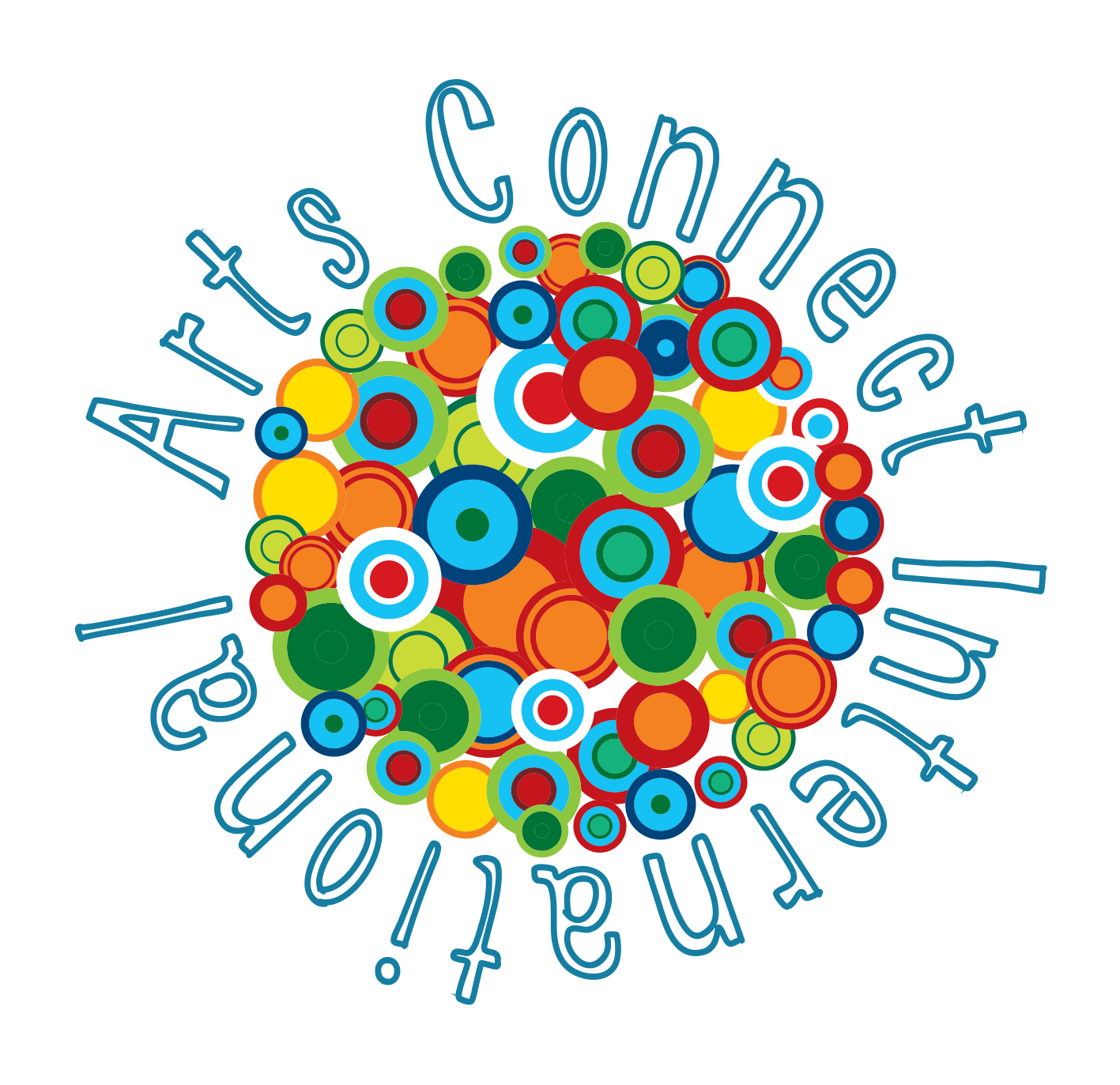ACI Artist Leaser André Mestre
Alumni of Color Conference
This past week I had the privilege to attend the 14th Alumni of Color Conference (AOCC) on behalf of Arts Connect. The conference took place at the Harvard Graduate School of Education from March 3-5. ACI’s exhibit, Shades of Inclusion, was part of the conference and could be found in the Gutman Conference Center where multiple events where held. By the time the conference came to a close and I headed home, I was overwhelmed by a sense of excitement, responsibility, and inspiration. Here I’d like to speak of some of the work I saw and ideas I encountered.
First things first: what was the conference about? If you go to their website they will tell you the conference “aims to inspire and transform education by convening educators, scholars, researchers, practitioners, policymakers, and students concerned with issues of race, class, and education as they pertain to all people and, in particular, to Communities of Color.” It’s a tall order, but it’s also precisely what they delivered with a thoughtful mix of workshops, panel discussions and opportunities for reflection.
The conference started for me at day 2, with the panel “Leaning Into the Discomfort of Diversity: Real Actions Necessary for Real Reform” by HGSE alumni Ceronne Daly and Rana Arshed Hafiz. The discussion focused on issues of school staff diversity, with cases from Connecticut and Massachusetts. The moderators brought in the challenges they face as highly qualified women of color who seek to be leaders in the US educational system. After that I attended the workshop “Protecting Black & Latino Genius: Building Cultural Resiliency to Overcome the Achievement Gap” presented by Ricky Hurtado and William Jackson. The presenters quickly brought to our attention a range of cognitive challenges kids of color face in this country due to the system we have in place. How, then, do we identify, nurture and protect their interests and talents when so much of what is around them has a strangling effect on those?
To that question, however, we weren’t invited to find an external answer but a personal one. We were asked to reflect on our own talents and how they found an environment for development. I looked at my life and felt very privileged: I found stimulus, acceptance, encouragement, role models, enough security to allow risky-taking… I could go on. We were left with two challenges:first, to create environments where these factors are presence; second, to take our talents to the level where they themselves become tools that can disrupt the structures of racism.
It was quite a fantastic workshop, which redefined some problematic ideas (such as ‘genius’) and forged new ones—I greatly enjoyed the idea of “cultural elasticity,” which shines a very positive light into kids who manage to navigate wildly contrasting worlds and heritages. You can read more about this work here.
At day three I had the chance of hearing Tina Tchen, who was beautifully welcomed to the stage by a spoken-word performance by poet Laura Burgos. Tchen serves as assistant to President Obama and Executive Director of the White House Council on Women and Girls. She spoke passionately about the importance of the population getting involved in the political process and how us, as educators, have an important role to play facilitating that engagement.
After that, I attended another incredible workshop: “Dismantling the Cultural Production of Evil: Emilie Townes on Identity, Education, and Social Transformation,” by Melissa W. Bartholomew, Kristen Lovett and Denson Staples. Everything about this section was different. Participants were asked to introduce ourselves not by listing affiliations, trades and titles, but by naming the types of people whose company we seek. It was an interesting exercise and it brought us together quickly. A brief moment of meditation and communal agreement followed, for the work they were proposing was deeply personal and an atmosphere of trust was key.
As the title suggests, they departed from the writings of Rev. Emilie Townes’, a Professor at Vanderbilt Divinity School. We were introduced to concepts such as Fantastic Hegemonic Imagination, Counter-Memory and to Womanist ideas in general. It was all very enlightening and details would be deserving of a blog post of their own, so all I’ll add is that I’ll make sure to find myself copies of Townes’ books.
Continuing, there was still time for one more workshop: “Treatment Gap: How Micro-Aggression And Stereotype Threats Affect Treatment Of Students Of Color In Schools.” This session focused on initiatives taking place at Hall High School (CO) to address micro-aggressions. A large group delivered the presentation (lots of kids!), but the whole thing was the initiative of Maryam Wassil-Wardak and Asia Boxton, both teachers at Hall.
The conference came to an end after a small award ceremony and closing with guests Shaun King, Marisa Gedney, Constance Iloh, and Horace Small. I’d say activism was the main topic of debate, and it was explored at the level of schools, universities, media and community. A beautiful reception followed just around the artworks of my ACI colleagues, which I’d proudly introduce from time to time. The night fell and we were all left with much to work on and with till the next AOCC.


